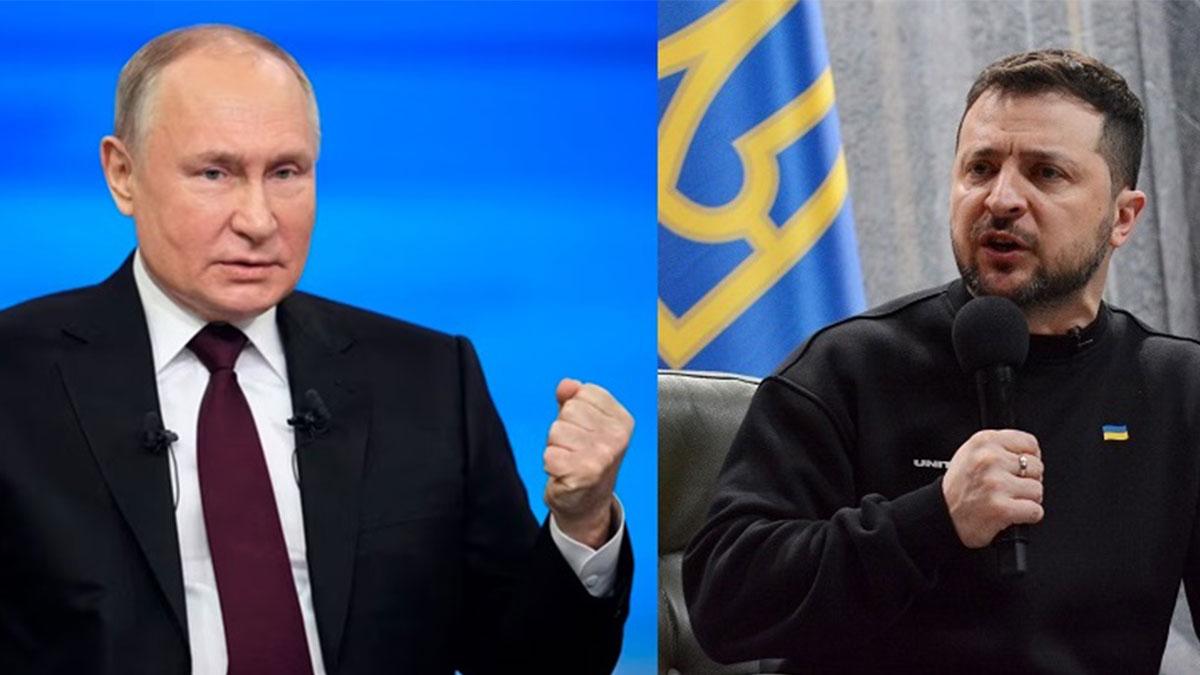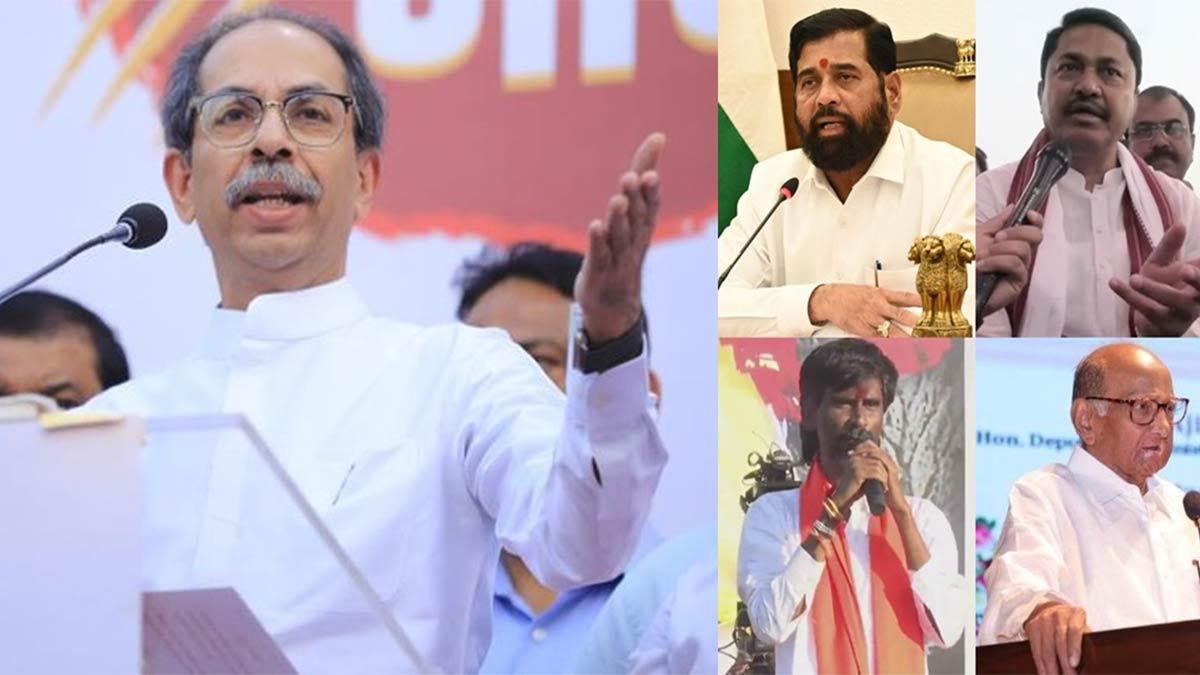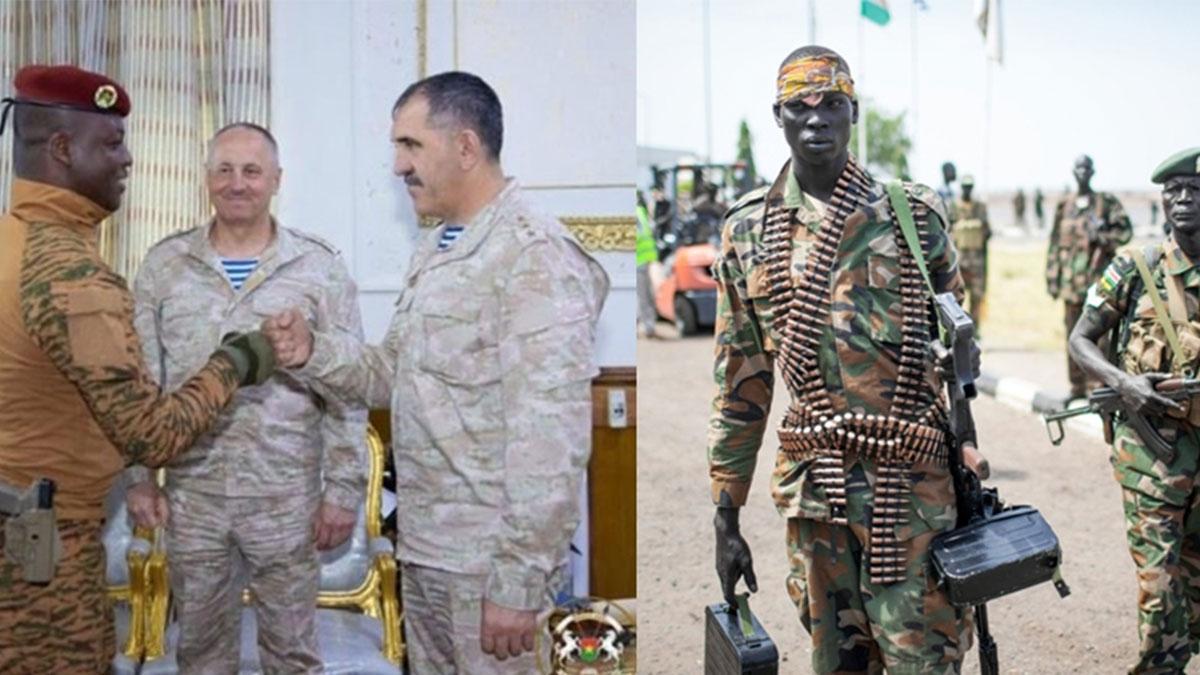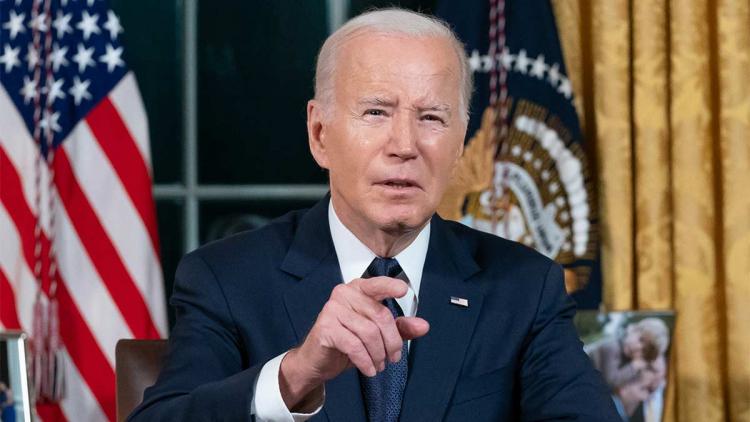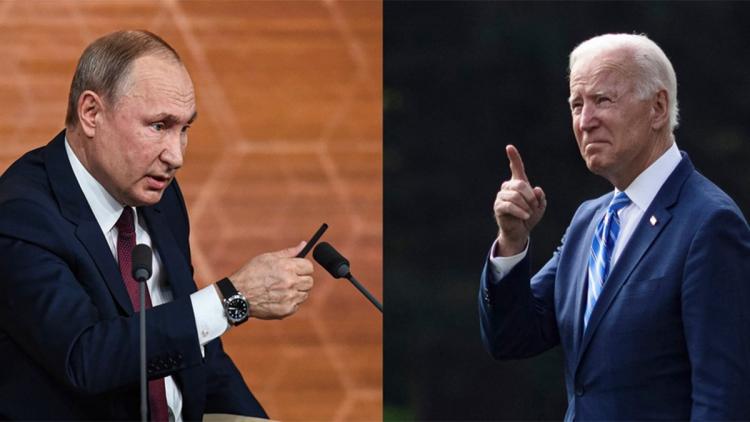The contrast between their end-of-the-year press conferences could not have been more evident.
Russian President Vladimir Putin radiated self-assurance as he spelled out his agenda on various fronts, including Ukraine, while his Ukrainian counterpart Volodymyr Zelensky seemed a bit subdued over the stuck funding - and diverted attention - of his Western allies.
And while Putin, who will be running for his fifth term as President next March, was cautiously optimistic over the military situation, he was rather trenchant with the Western powers over their sanctions, telling them it was time they "stopped playing the fool" and stood waiting for his country's collapse.
The Russian leader's rather frank tone was not just bravado, but a clear signal to the West that if they are not willing to maintain economic ties with his country, Russia is also in no mood to plead with them, given that it has many other prospects.
It is this diplomatic pivot that is going to be a major Russian focus in 2024, apart from more military successes - or rather, preventing Ukraine from gaining any successes and dissipating its manpower and material.
While the coming year might see Russia seek incremental gains on the battlefront, especially in securing the entire territory of the Donbas Republics - Donetsk and Luhansk - and then the other areas, its real action will be on the political and diplomatic canvas.
Moscow, a dab hand at playing the long game for centuries, knows too well that the sanctions are only going to inevitably boomerang on the West, especially the European nations.
Their rising fuel costs in these countries - also impacted by the Middle East tensions and its Yemen offshoot, coupled with their lavish support of Ukraine, are not only causing social tensions and economic distress, but also political churning.
Economic woes, chiefly manifested in the rise of cost of living, only help to propel the rise of populist, nativist, and Euro-sceptic forces in various EU nations, but European Commission President Ursula von der Leyen or leaders like France's Emmanuel Macron and Germany's Olaf Scholz seem oblivious to this looming peril.
Russia will only be pleased with this political recasting in Europe and no reason to bemoan the loss of European markets - China and India are more than making up in crude sales, and it has found other markets, viz Taliban-ruled Afghanistan, which has doubled imports of LPG in 2023.
China may have been the first country to signal closer relations with the Taliban by sending a new envoy in September and inviting it to the BRI conclave, but it was Russia which signed a deal with it - in 2022 - for providing various fuels, and wheat, and that too, at a discount.
Russia is seeking to undertake a strategic pivot for closer relations with the rest of the world in the wake of the West spurning it and becoming tacitly hostile with sanctions and supply of arms to Ukraine.
While the Shanghai Cooperation Organisation already welds a major part of Eurasia, the BRICS, set to expand into the Middle East and Africa from 2024 though the South American part proved stillborn, may also fit in with its plans.
Already an acknowledged power in the Middle East as its intervention in Syria, close links with Iran and several Arab countries and actors, including the Hamas, shows, Moscow is also seeking to regain ground in Africa, especially in the coup-prone Sahel region at the cost of France.
In early December, a Russian delegation, led by Deputy Defence Minister, Colonel General Yunus-Bek Yevkurov, was in Mali to discuss energy and transport ties with it as well as fellow Alliance of Sahel States states Niger, and Burkina Faso.
This was his second visit to Mali in three months with the first one in September focusing on defence cooperation between Moscow and Bamako, and overall security in the Sahel region.
Yevkurov also visited Niger and soon after it announced that it had withdrawn from two major security pacts with the European Union and would end any “privileges and immunities” offered to EU forces under these.
Yevkurov had earlier been in Libya to meet the influential Libyan National Army Commander, Field Marshal Khalifa Haftar, who had also visited Russia recently.
But, it's not only economic and military ties Russia is eyeing, but also displaying its soft power - a Russian language and culture centre was launched in Mali, joining three Russian pre-university training centres in Nigeria, Zambia and Namibia and language classes available in a dozen universities in Zambia, Angola, Gambia, Nigeria, Namibia, Tanzania, Tunisia, Morocco, Algeria, and Cameroon.
Unlike the Soviet Union, Russia's new global sweep is pragmatic - and strategic. 2024 will show how effective it will be.
(IANS)
ALSO READ | Can the Ukraine war end in 2024 as Russia, US go for elections in 2024
ALSO READ | Ukraine's funding woes and the collateral political damage for US, EU

